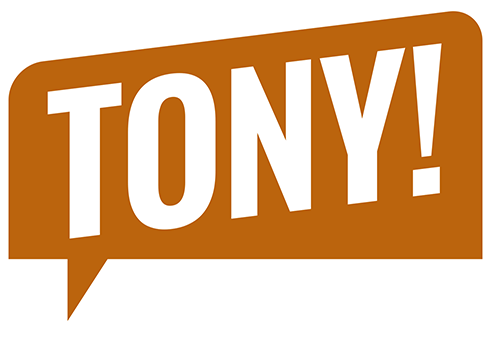I spent a large part of my youth watching my dad work, even when this phrase suggested a totally different meaning than the act of turning on that four-letter cable behemoth. No, he didn’t take me to “bring your child to work” lunches where I could watch a certain cable-TV-personality spit salad out of his mouth at the famous Duke Zeibert’s restaurant in downtown DC—my sister had that pleasure—and I was really too young to have many specific memories of my dad’s time at The Washington Post. I do remember that we would watch the fireworks (possibly illegally?) on its rooftop, but that time will always be marked by the five-year-old me not fully understanding why my dad was “jumping on the bandwagon” in the winter of that supposedly glorious 1991 Redskins season to then pull away from the curb of that 15th St institution.
I did, however, watch, in studio, the rise of Pardon the Interruption, the experiment of Monday Night Football and, more recently, the close-knit production of the radio show. With that first program, dad obviously has an amazing level of comfort and control over what he projects into the camera; interestingly, it is when the camera is shuttered in the “radio” studio where I see a different level of expertise and artistry. If you visit PTI, you see a Tony Kornheiser who can do a segment in one take, a performer who balances his prep work with his natural personality to create a “talking head” that is, at both times, informed and willing to move. In our current studio (at an undisclosed location in Chevy Chase, MD), I see that same performer multiplied by a roughly 65-minute podcast. From the moment we start taping (plausibly live!, even), he is able to see how the different threads that are his daily notes and the shades of Mr. Tony the storyteller complement the unique tones of each voice in the room or on the phone. He then has the ability to juggle and incorporate each of these sometimes dominant pieces to ensure that each segment works. He may sometimes “warn” someone in the room that he will ask a certain line of inquiry, use the standard Barry Svrluga question (“Where are we now?”) to get straight to his desired area of focus (often the struggles of the local football team or those of a certain hot-house pitcher), pull from his notes with a “pre-penned” question or simply point to you in studio when he wants you to take lead on a new subject. There is then an energy and fun level of competition that emerges to see who can carry that given thread forward, taking it from dad and, when the show is at its show best, give that growing tapestry back to the listener as a more interesting, nuanced or just absurd piece of art; there is also the confidence to allow this show to take different shapes each day depending on the news and those contributing.
Yes, there has been a shift in our relationship over the launch of this new venture now that we are working in the same room, one that probably started when Liz and I moved back to DC, where we started to see each other as adults. (This means someone started to actually value my contributions to a conversation—at least I hope so.) The good news is that no matter how much more comfortable it becomes to work with my dad in and out of the studio—there are a lot of moments where small disagreements could take a different meaning and affect other spaces because of our relationship—I still screen his phone calls, so even as our relationship evolves, there are aspects that will stay the time regardless of the growth or struggles of the project.
So, given dad’s ability to see the room and my new challenge of trying to find a role within an already successful show, what exactly am I doing out there, man? I am simply trying to watch and learn, reviewing his decisions in the room where it happens both in the moment and well after the fact when I break down the show and he easily moves on to the next. With almost one full month of the podcast in the books, I want you to imagine my excitement when I noticed his looking at me straight in the eye, as if actively and subtly trying to share some wisdom (Come here, Michael, my only son: I give this microphone to you—assume that it’s always on) or recognizing that I, over the past few weeks, have proven myself to belong at the table—sure, it was either all of that or maybe that he was just looking at the TV directly behind my chair, wondering what was going on in the third hour of the Today show.
